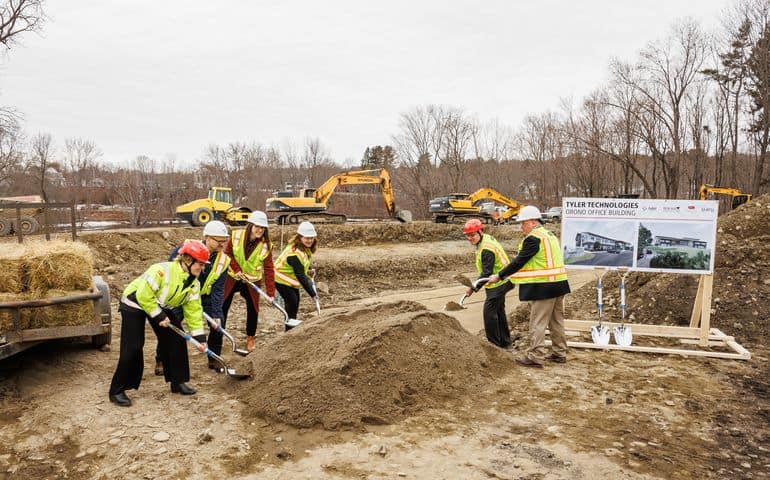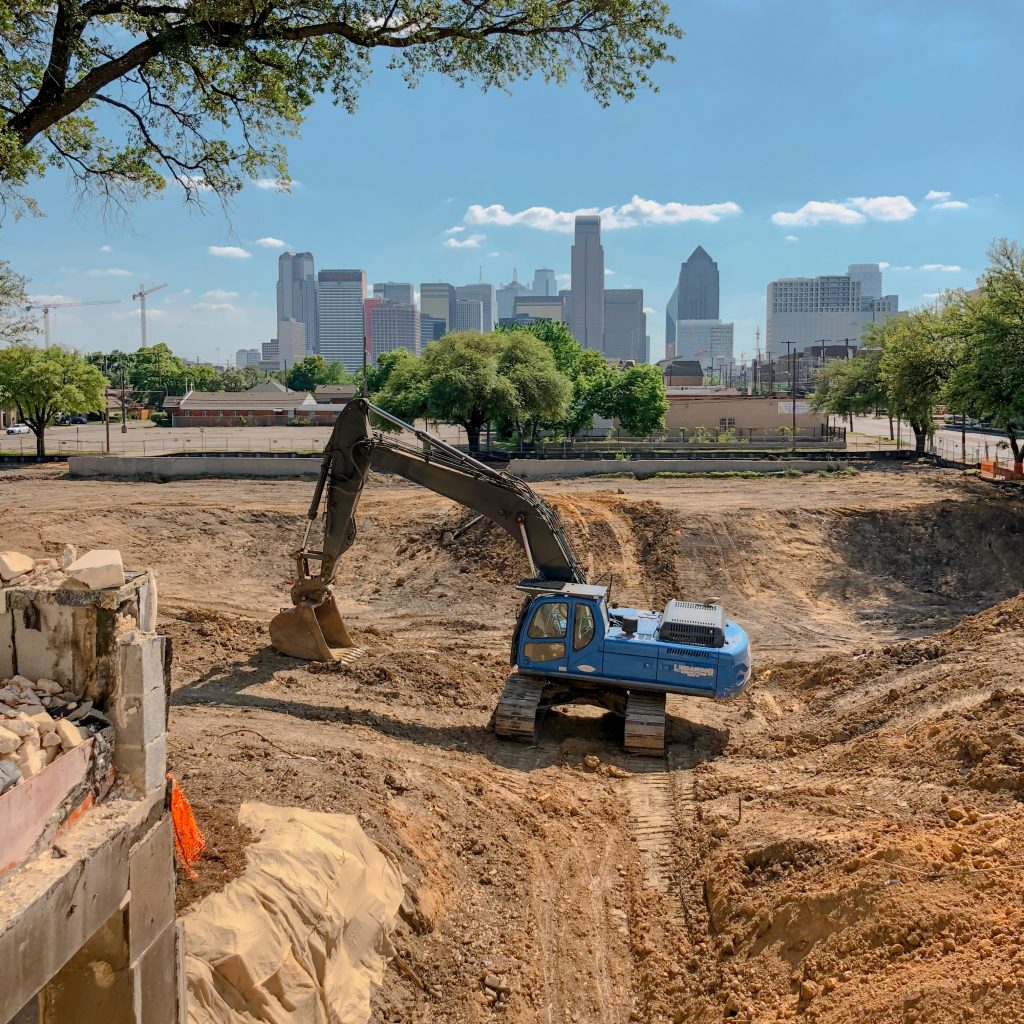For any construction project in Plano, Texas, a crucial step in the planning and execution phase involves soil testing. This vital process analyzes the properties of the land you intend to build on, providing invaluable insights for engineers and developers. However, it’s essential to understand the specific scope of soil testing Plano, as it differs from garden soil analysis.
What is not Soil Testing in Plano?
While “soil testing” can be a broad term, in the context of construction projects in Plano, it does not encompass testing for your home garden or landscaping needs. Garden soil analysis typically focuses on determining nutrient levels, pH balance, and organic matter content to optimize plant growth. This type of testing is not what professional engineers and contractors utilize during construction projects.

Understanding the Purpose of Soil Testing in Plano
Soil testing in Plano serves a critical purpose in the construction process. It enables engineers and developers to gain a comprehensive understanding of the geotechnical properties of the land. This information is essential for:
- Determining the foundation type: The soil’s bearing capacity, or its ability to support weight, is crucial for designing a safe and secure foundation. Soil testing helps identify the appropriate foundation type, be it slab-on-grade, pier and beam, or driven piles.
- Assessing potential risks: Identifying potential issues like soil instability, liquefaction, and expansive soils is crucial for mitigating future risks and ensuring the project’s longevity.
- Optimizing construction methods: Based on the soil properties, engineers can determine the most efficient and cost-effective construction methods for excavation, drainage, and other crucial aspects of the project.
- Complying with building codes: Local building codes often mandate soil testing to ensure the safety and stability of structures. By fulfilling these requirements, projects can maintain compliance and avoid potential delays.

Gain deeper insights into your property’s foundation. Learn the purpose of soil testing in Plano today—contact our experts for a comprehensive evaluation!
The Process of Soil Testing in Plano
Typically, geotechnical engineers conduct soil testing in Plano, following a well-defined process:
- Site investigation: The engineers will visit the project site to assess the land visually and gather preliminary data.
- Borehole drilling: Engineers will create boreholes at designated locations using specialized drilling equipment. Samples are collected from various depths throughout the soil profile.
- Laboratory testing: The collected soil samples are analyzed in a laboratory to determine their physical and chemical properties. This may include tests for grain size distribution, moisture content, shear strength, and various other parameters.
- Data analysis and report generation: Based on the test results, engineers will compile a comprehensive report detailing the soil characteristics, recommendations for foundation design, mitigation strategies for potential risks, and other relevant insights.
Benefits of Soil Testing in Plano for Construction Projects
Conducting thorough soil testing offers numerous advantages for construction projects in Plano:
- Enhanced project safety: By identifying potential risks and designing accordingly, soil testing helps ensure the safety and stability of the structure for years to come.
- Reduced construction costs: Understanding the soil properties allows for optimized construction methods, potentially leading to cost savings in terms of materials and labor.
- Smoother project execution: Foreknowledge of potential challenges, such as unsuitable foundation conditions, enables engineers to develop contingency plans and mitigate disruptions during construction.
- Increased property value: A well-designed and constructed foundation, based on accurate soil data, contributes to the overall quality and value of the project.
Plano soil testing ensures that construction projects meet safety standards and ground conditions are suitable for building.
In the rapidly developing city of Plano, ensuring the stability and safety of new constructions is paramount. Soil sample testing Plano plays a critical role in this process. Before any construction begins, it’s essential to analyze the soil to determine its composition, strength, and other properties. This testing helps engineers and architects design buildings that are not only structurally sound but also long-lasting. By conducting soil sample testing, developers in Plano can avoid potential issues such as subsidence and structural failure, ensuring that their projects are built on a firm foundation.
Conducting a soil test Plano is a crucial step for any construction or landscaping project. This process assesses the soil’s ability to support structures, evaluates potential drainage problems, and identifies the necessary adjustments to soil chemistry for optimal plant growth. In Plano, where varying soil types can significantly impact building projects, a comprehensive soil test ensures that developers and homeowners make informed decisions, reducing risks and enhancing the success of their ventures.
For accurate and reliable results, consult the soil testing lab Plano for all your construction project needs.
Conclusion:
usion
While some may mistakenly equate soil testing with garden soil analysis, understanding the specific purpose and benefits associated with soil testing in Plano for construction projects is crucial.
By engaging qualified geotechnical engineers and conducting thorough soil testing, developers and contractors can make informed decisions, ensuring the safety, efficiency, and success of their construction projects in Plano.
While “soil testing” can be a broad term, in the context of construction projects in Plano, it does not encompass testing for your home garden or landscaping needs. Garden soil analysis typically focuses on determining nutrient levels, pH balance, and organic matter content to optimize plant growth. This type of testing is not what professional engineers and contractors utilize during construction projects.
Typically, geotechnical engineers conduct soil testing in Plano, following a well-defined process:
Site investigation: The engineers will visit the project site to assess the land visually and gather preliminary data.
How useful was this post?
Click on a star to rate it!
Average rating 4.7 / 5. Vote count: 34
No votes so far! Be the first to rate this post.

